
Organic foods are produced without the use of synthetic chemicals such as pesticides and fertilizers. This is an excellent choice for the environment and your health.
In addition to being healthier, organic snacks can be a great way to indulge guilt-free and get your daily nutrients. Here are some of our favorite organic snack options to keep in your pantry!
Healthy
Organic snacks are a great way to add vitamins, minerals, and nutrients to your diet. They are also an excellent source of protein and fiber.
They contain fewer fats, sodium, and sugar than their non-organic counterparts. They are also more filling, so you'll feel satisfied for longer.
Choosing organic foods can help you reduce your exposure to pesticides and other chemicals that may have negative health effects. This is especially important for pregnant women and children.
Guilt-Free Indulgence
Incorporating occasional indulgences into a healthy lifestyle is an essential part of wellness. But not all snacks are created equal.
Manufacturers that focus on nutrient-dense foods have an advantage when it comes to creating guilt-free indulgence options. For example, a simple, delicious snack like coconut chips can satisfy the salty/sweet craving without overdoing it on carbs or vegetable oils.
The market is also growing for products that combine a health-driven focus with the indulgence consumers crave. For instance, fine chocolate manufacturer Luker Chocolate has seen a shift in consumer demand for premium products that align with environmental and ethical priorities.
Similarly, organic snacks have the potential to stand out from the competition with their clean label and sustainability commitments. By choosing 100 percent natural clean label ingredients, manufacturers can make their snacks not only healthy but also eco-friendly and climate smart.
Variety
Choosing organic snacks is an easy way to fuel your body with healthy ingredients that help you stay full and satisfied. Plus, they’re free from the toxic persistent pesticides that are harmful to your health.
Today’s wellness-conscious consumers are increasingly focusing on functionality and enjoying the whole package of their snacking choices, rather than just the calories or sugar content. Mintel data reveals 45% of Americans want their snacks to contribute to their mental and physical wellbeing.
A major driver of this shift is the increased focus on sustainability. "Consumers are more likely to choose a snack that offers some form of sustainability claim," said Cerstiaens, adding that fruit and vegetable ingredients offer the ideal inclusions to satisfy both flavour and functionality demands.
But make sure to read labels carefully and always stick to your per serving limit! You don’t want to add more sodium and sugar than your body needs, so aim for a minimal amount of added sweeteners.
Sustainability
The benefits of choosing organic snacks include less chemicals and pesticide residues in the food and better health. It also shows that you care about the environment and want to do your part for it.
Eating sustainable foods requires a few changes, but it doesn’t have to be hard or expensive. Harbstreet suggests incorporating more plant-based meals into your diet, switching to a refillable bottle for water and opting for foods in bulk instead of packaged products.
A sustainable diet also reduces your food carbon footprint by reducing the amount of packaging and waste. It also promotes healthier eating, especially if it is low in ultra-processed foods and high in fruits, vegetables, whole grains and nuts.
Frequently Asked Questions
What are my top priorities when buying organic products
USDA-certified organic label are desirable. This certification means that the product is certified organic by USDA. You will find the USDA Organic seal on all boxes, cartons and cans.
When shopping for meat ensure it comes only from cows that are fed 100% organic feed. Ruminants are cattle that chew their cud. Ruminant cattle have four stomach compartments: rumen, reticulum, omasum, and abomasum. Organic feeding must be done on all organs of the animal in order to get the cow labelled organic 100 percent.
Make sure you only buy chicken from chicken farms that are fed organically and have never been given antibiotics. Chickens are omnivores, meaning they eat both plants and animals. A digestive tract that is omnivorous includes a crop, proventriculus and gizzard. It also contains small intestines, large intestines, and anus.
Buy only dairy products from cows that have been fed organically grown feed. Just like ruminants, dairy cows also have four stomachs. The fourth stomach compartment--the cow's udder--is where milk is produced.
If you are buying other types of livestock, make sure to check the label to determine the percentage of their diet. Pork may be labeled "95% Organic" which means that 95 percent of its feed was organic.
How can I determine if my produce was organic?
These three labels can help you make sure you're buying organic produce.
USDA Organic Certified - Produce certified by the USDA as being 100% organic.
Certified Naturally Grown - Produce that has passed strict requirements for organic practices but has not yet received certification from the USDA.
Pastured/Free Range - Produce from animals who live outdoors and graze freely on grass and herbs.
These labels indicate whether the product meets certain criteria.
- No pesticides or synthetic fertilizers
- No genetically modified organisms
- Animals are never given antibiotics
- The animal is never given any hormones
- No growth-promoting medications
- No feed additives
- No artificial ingredients
- No irradiation
- No sewage sludge
- No GMOs
- Never gave antibiotics
- No hormones ever given
- No growth-promoting drugs
- No feed-additives
- No artificial ingredients
- No sewage waste (if it's non-GMO).
- No irradiation
I hope this article has been helpful.
Is organic food healthy?
There are two types of foods; those we grow ourselves and those we buy from someone else. There are exceptions to these categories, but most people will answer your question yes. Organic food is safer because it does not contain any harmful chemicals.
You can find organic food in supermarkets across North America, Europe, Asia, Latin America, and Africa. Many grocery stores now sell organic food. This makes it easier for customers to select organic products.
Organic food has higher levels vitamins, minerals and antioxidants which makes it more delicious and nutritious. Organics are grown without using pesticides and fertilizers. They also don't pollute soil or water.
The USDA regulates organic farming practices and requires farmers to follow strict guidelines to ensure that organic produce is safe to eat. There are over 30,000,000 acres of US agricultural land that has been certified organic.
As an added benefit, organic food is often much cheaper than conventional food. Consumers are paying less for the same amount of calories, protein, and nutrients. Organic farms are able to charge lower prices for their crops because they don't have to purchase expensive chemical inputs like insecticides and fungicides.
According to the Environmental Working Group organic food is 10 percent cheaper per pound than conventionally manufactured food. If you care about the health of yourself and your family, consider switching to organic food.
Organic food has become an increasingly popular alternative to American standard diets. Organic food is not only available in gourmet restaurants and specialty markets, as many people may believe. Organic food can be purchased in most grocery stores across the United States.
In recent years, organic food sales have been on the rise. The market value of organic food in the US was $43 billion in 2012, up from $21 billion in 2007.
Why is organic food so important?
It is essential for our health to eat organic produce. It's the best method to ensure you eat healthy foods. It's better for us and more sustainable because it doesn’t depend on pesticides or fertilizers.
Organic farming uses natural methods to grow crops without harmful chemicals. This makes organic farming safer for both humans and animals. By choosing organic food, you are protecting the planet as well as yourself.
However, organic food is good for our health. We all know how unhealthy processed foods can make us feel. Organic fruits and vegetables aren’t subject to chemicals spray. It means that organic fruits and vegetables taste better, last longer, and are brighter.
It's because organic is healthy for you and the planet. Because organic is healthier for you as well as for the world.
What is organic food?
Organic food is grown without pesticides and artificial fertilizers. Inorganic foods contain these chemicals, which may cause health problems.
Organic food can be grown without chemical fertilizers, pesticides herbicides, fungicides, and other harmful substances. These chemicals may cause damage to animals as well as humans.
Inorganic food includes meat, fish, eggs, milk, cheese, butter, yogurt, honey, grains, vegetables, fruits, spices, and herbs.
Organic refers specifically to the method an agricultural product has been grown. Organic farming, for example, uses natural methods and soil amendments in order to grow crops. Conventional farming, however, uses pesticides and synthetic fertilizers.
U.S. Department of Agriculture (USDA), must ensure that organic food meets strict standards. The National Organic Program Standards require that all organic foods are free of prohibited substances such as antibiotics and growth hormones, genetically modified organisms or industrial solvents. Organic food must be grown without the use of toxic chemicals or petroleum-based fertilizers.
What are the advantages of organic farming?
Organic farming allows farmers to produce food using only natural methods. The farmers don't have to worry about pesticides causing harm to their crops and animals.
Organic farming can also use natural fertilizers. These fertilizers promote healthy plants and decrease the amount of chemicals used.
Organic farming is also eco-friendly. Organic farming is also environmentally friendly. Farmers often use composting to recycle nutrients back into their soil. This reduces the risk of pollution and helps conserve precious resources.
Organic farming improves crop yields while also helping the environment. This is because organic farming requires less water to grow the crops.
Organic production methods also mean that farmers receive higher prices for their produce. Consumers who are more aware about the dangers associated with pesticides, chemical fertilizers, and other chemicals will choose healthier foods.
This has increased the demand for organic foods. Organic farming is growing in popularity.
What's the difference?
Organic food is grown without the use of pesticides or chemical fertilizers, sewage effluent, radiation, or genetic modification. Organic farming practices improve soil health and water quality as well as animal welfare.
Inorganic foods are grown with pesticides, chemical fertilizers, and sewage sludge. Radiation is used to treat irradiated food; biological engineering techniques are used to create genetically modified organisms (GMO).
The term "natural" is often used interchangeably with "organic." But, "natural" does not necessarily refer to organic. Natural products can also be labeled with synthetic ingredients.
Organic produce is more nutritious than traditional produce due to the fact that it contains less harmful chemicals and pesticides. Organic farmers are free from artificial fertilizers and pesticides.
Statistics
- To provide the highest quality products and services to every customer, with a dedicated workforce that puts the customer first and takes the extra step to achieve 100% customer satisfaction and loyalty. (hollinsorganic.com)
- Popular clothing brands, like Patagonia, are labelled as organic by using 100 percent organic cotton for many of their styles. (en.wikipedia.org)
- Once certified by the USDA, it can fall into one of four categories: "100 percent organic", "organic," "made with organic ingredients," or "made with less than 70 percent organic ingredients. (en.wikipedia.org)
- As for organic meat, regulations require that animals be raised in living conditions that accommodate their natural behaviours (like the ability to graze on pasture), fed 100% organic feed and forage, and not administered antibiotics or hormones. (usda.gov)
External Links
usda.gov
doi.org
- A Review of Journal of Toxicology and Environmental Health: Cancer Risk and Occupational Pesticide Expositions: Part B: Vol 15, Number 4
- Genetically modified food safety and public concerns: a review by Journal of Food Science and Technology
sciencedirect.com
- The impact of organic food on human health: Assessment of the status quo, prospects for research - ScienceDirect
- Technical note: Simultaneous analysis of vitamin and carotenoid content in milk from cows fed total mixed rations. Xanthophyll detection is possible - ScienceDirect
ewg.org
How To
Organic food: Are they healthier and better for you?
Organic foods can be grown without the use synthetic fertilizers and chemical pesticides. They are grown under natural conditions without artificial inputs such as fungicides, insecticides, herbicides, hormones, antibiotics, or genetic engineering. Organic farming practices include crop rotation, cover crops, composting animal manure, recycling wastewater, and integrated pest management (IPM).
The USDA National Organic Program (NOP) was established in 2002 to regulate the production, handling, processing, labelling, sale, and distribution of organic products sold in the United States. NOP regulations ensure organic agricultural products conform to the Federal Food, Drug, and Cosmetic Act. Furthermore, the NOP rules require organic products to be free of banned substances such as pesticides residues and growth hormones.
There are two types available in the U.S. for producers who want their products to be labeled "organic". One for farmers and ranchers, and one for manufacturers. Both programs require an annual audit of the operations in order to confirm compliance with stringent standards. Several certifying agents offer these services, including CCOF Certified Organic Farmers & Ranchers, Quality Assurance International, and the American Grassfed Association. All three organizations provide third-party verification of farms' adherence to strict guidelines regarding environmental stewardship, labour practices, and livestock care.
According to USDA's Economic Research Service (ERS), organic agriculture accounted in 2013 for $4.7 Billion in sales. It was a 23 percent rise in retail spending for certified organic products since 2009. During this time, grocery store sales increased by 12 percent. Direct purchases of organic produce saw a 29 percent increase in spending, while seafood, meat, poultry and eggs experienced a 1 percent growth.
Organic food is more expensive but the quality of organic food is worth it. Consumer Reports conducted a 2015 survey and found that 88% would pay more if organic food had better nutritional value. Health Affairs also reported that organic food intake is associated with fewer health problems, such as obesity, diabetes and heart disease.
Although organic foods are not proven to prevent or treat certain diseases, some research suggests that they could improve overall health and reduce exposure to pesticides. In 2010, a review that included 31 studies concluded that organically-raised beef had lower levels of parasites and toxic chemicals than conventionally reared beef. Similar conclusions were reached in a separate analysis of 11 other studies published in 2012.
The Environmental Working Group's 2014 report examined data from the Department of Agriculture’s Agricultural Marketing Resource Center. It found that foodborne illnesses caused by E.coli, salmonella and listeria monocytogenes and verotoxin producing E.coli O157:H7 declined when organic and non-organic chickens, meat, lamb, dairy, and cheese were compared. After 2006, when USDA required stricter organic standards in animal raising for human consumption, the group noted that E.coli O157 was less common among children and adults.
Resources:
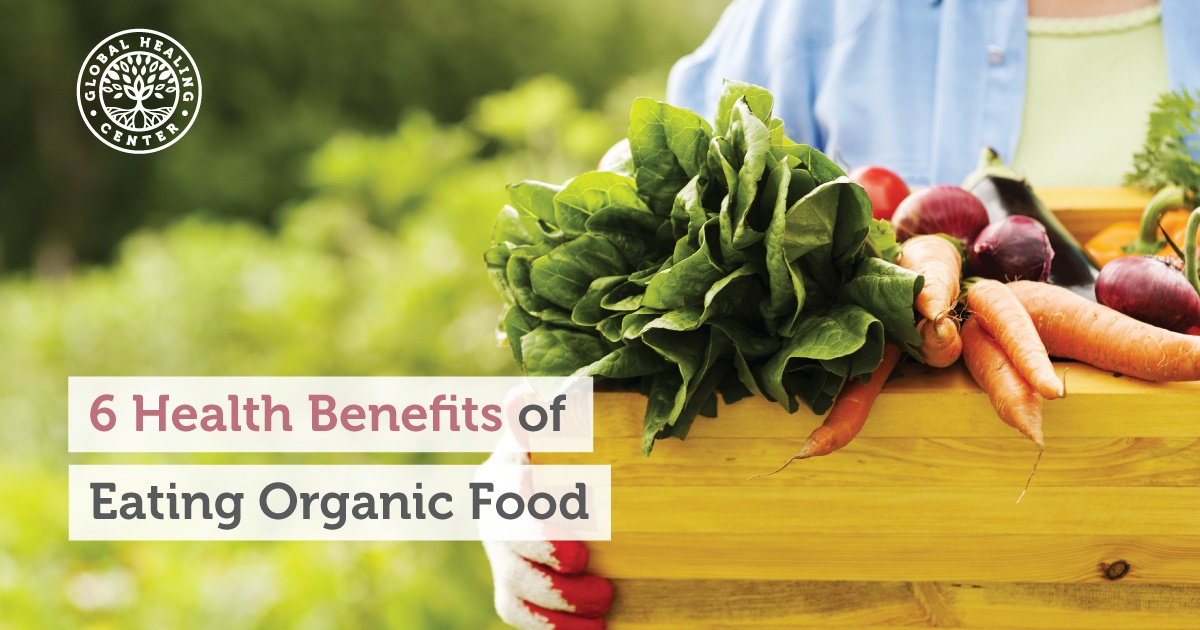 |
Nuts and SeedsNuts and seeds are nutrient-rich crunchy tidbits that add a protein, fiber and healthy fat punch to meals and snacks. They’re also a great source of.. |
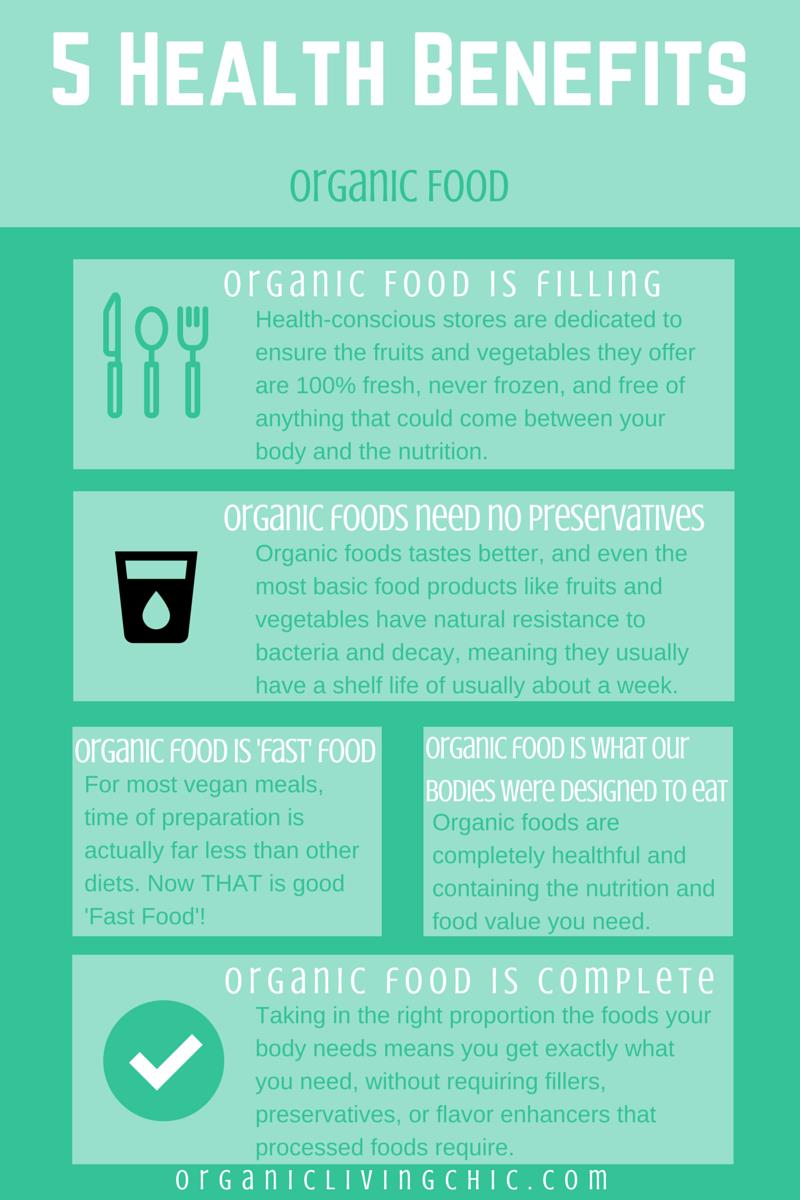 |
Organic Food For A Six Pack? The TRUTH About Organic vs Conventional Foods!Get ripped and keep your strength: http://goo.gl/uLzHn6 Hey guys, it's Clark over at Six Pack Shortcuts and today we're gonna talk about organic vs |
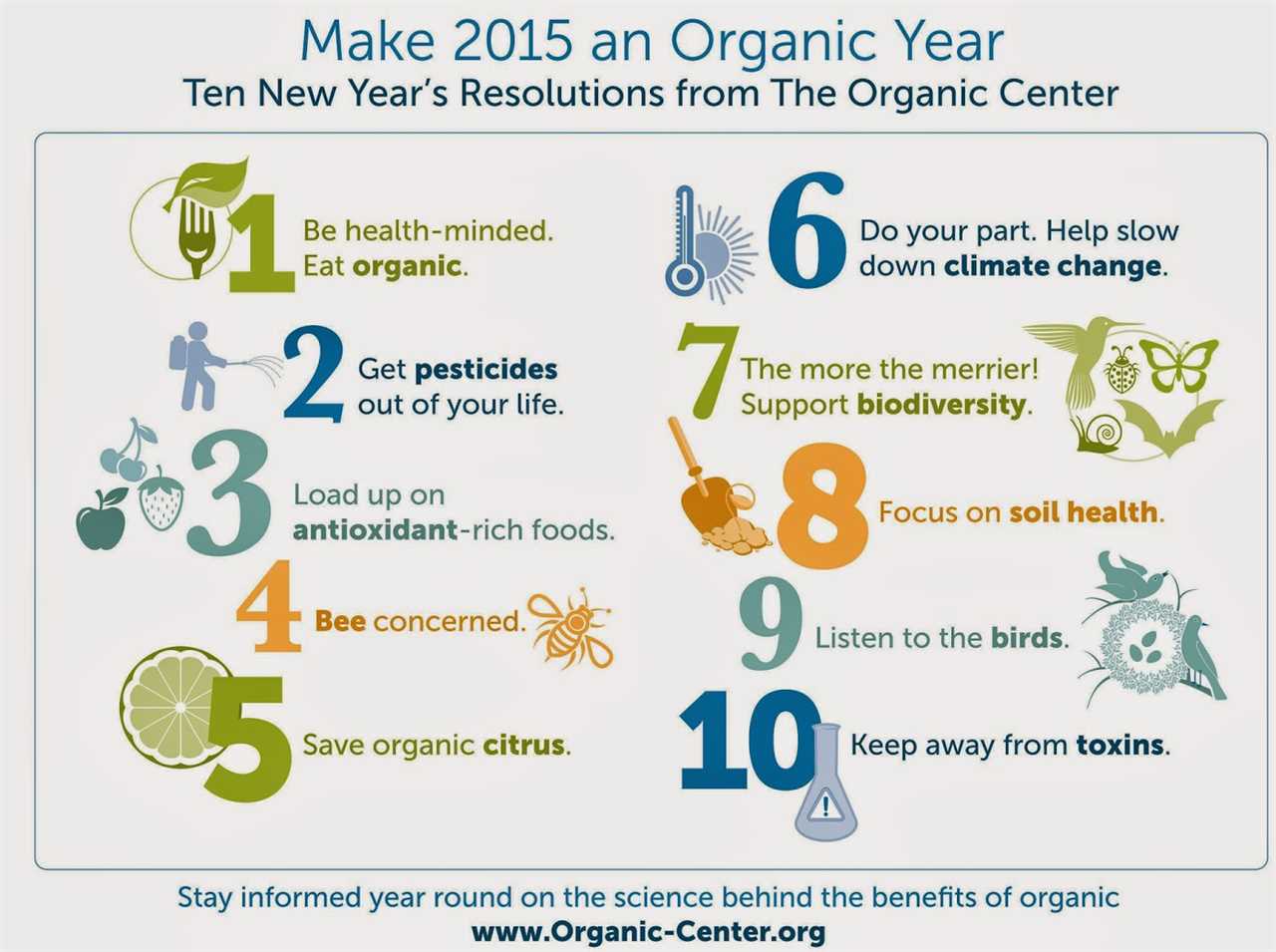 |
Organic vs Conventional Produce - The Dirty Dozen & Clean 15 ExplainedClick https://skl.sh/flavcitywithbobbyparrish to get 2 months of Skillshare for FREE! Here is a full review of the dirty dozen fruits and vegetables and |
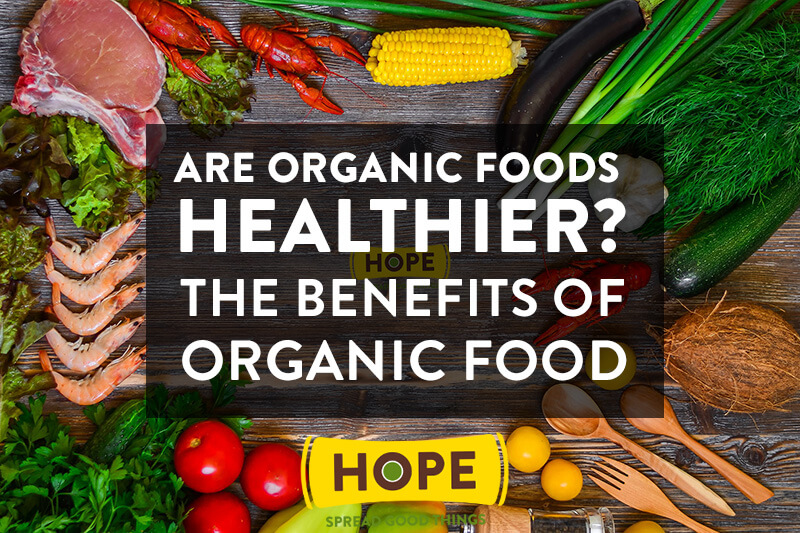 |
Are Organic Foods Really Healthier?It's widely believed that organic foods are more nutritious and safer than non-organic foods, even though the evidence is far from clear. Food certified as |
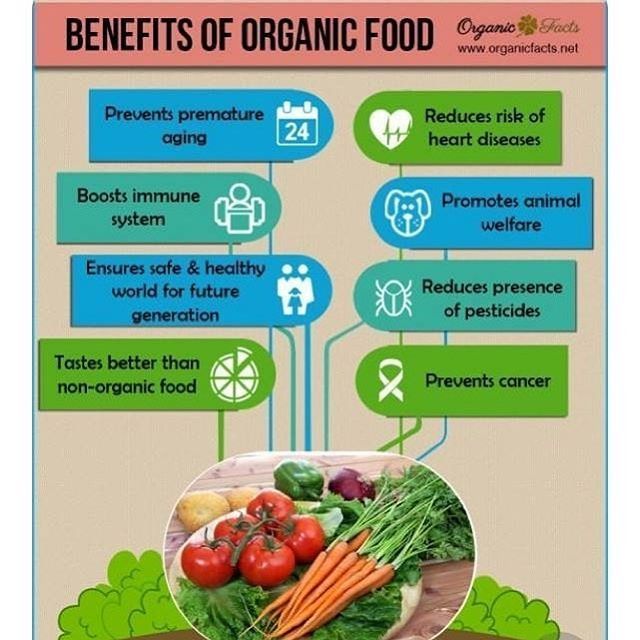 |
Are GMOs Good or Bad? Genetic Engineering & Our FoodAre GMOs bad for your health? Or is this fear unfounded? OUR CHANNELS German Channel: https://kgs.link/youtubeDE Spanish Channel: |
 |
How the food you eat affects your brain - Mia NacamulliView full lesson: http://ed.ted.com/lessons/how-the-food-you-eat-affects-your-brain-mia-nacamulli When it comes to what you bite, che […] |
 |
Is Buying Organic Food Worth The Cost?Subscribe to Goodful: https://bzfd.it/2QApoPk Goodful Goodful Feel better, be better, and do better. Subscribe to Goodful for all your healthy self care |
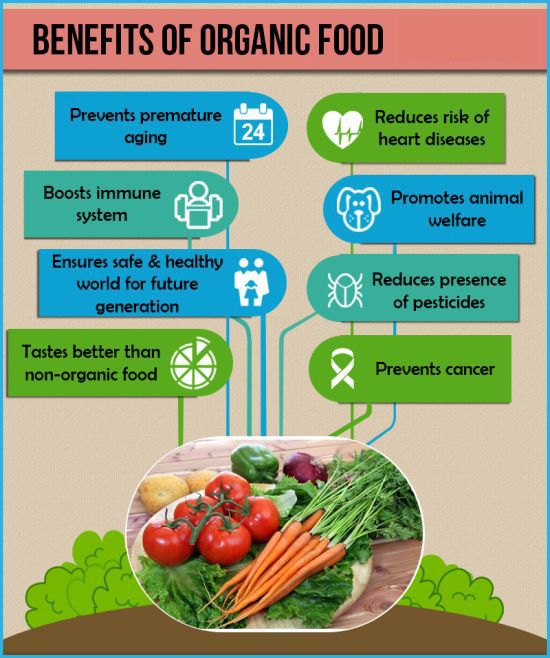 |
Benefits of Choosing Organic Gluten-Free OptionsIf you’ve been diagnosed with gluten sensitivity or celiac disease, you know how hard it can be to avoid foods containing wheat and other grains. But |
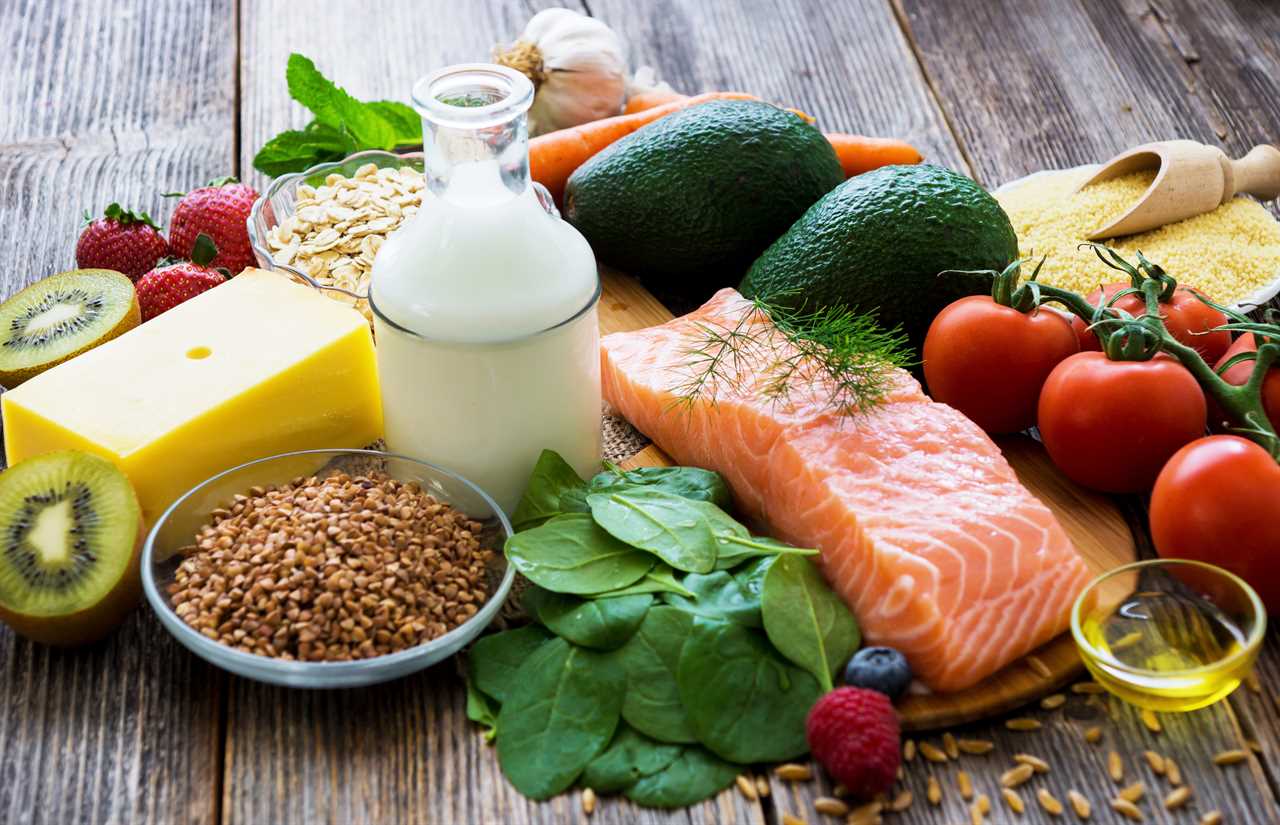 |
Joseph Wang LIVE (Bank Bailouts and Moral Hazards Deep Dive)buy my stuff Come to rebel capitalist live at https://rebelcapitalistlive.com Check out my private, online investment community (Rebel Capitalist Pro) |
 |
Organic Farming and Soil HealthOrganic farming practices promote soil health through crop rotations, symbiotic associations, cover crops and minimum tillage. These management.. |
 |
Research Reveals How Your Body Reacts When You Eat Only Organic FoodsThere is a growing belief that organic foods are healthier for us than non-organic foods. This ever-increasing belief is responsible for significant growth in |
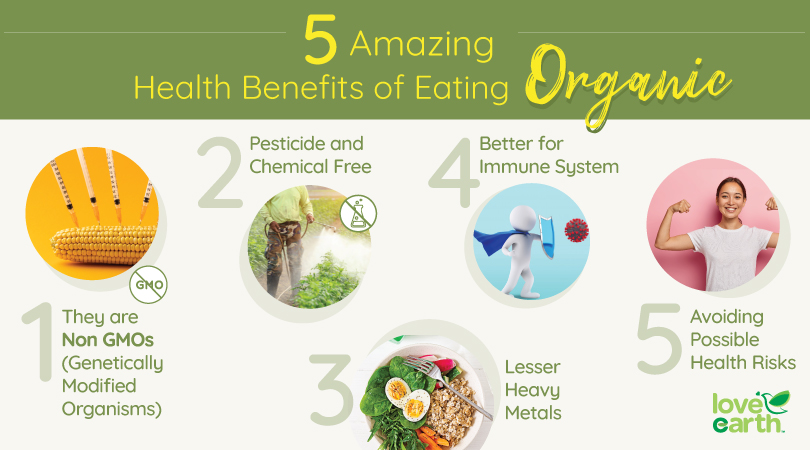 |
Stop Wasting Money on These ORGANIC Veggies (you don’t need to buy them organic)Click Here to Subscribe: http://Bit.ly/ThomasVid Get MY Recommendation on Groceries Delivered to Your Doorstep with Thrive Market: http: […] |
 |
If You Eat an Avocado a Day For a Month, Here''s What Will Happen to YouWhat Will Happen to Your Body If You Eat Avocado Every Day. The avocado is a unique fruit with multiple nutritional and health benefits. How would your body |
 |
Korean GardeningKorean gardening is one of the oldest ways to grow plants. It involves planting herbs, fruits, and vegetables that are used in kimchi, a type of.. |
 |
The Rodale InstituteThe Rodale Institute is a nonprofit organization that aims to support research into organic farming. It was founded in 1947 by J. I. Rodale, an.. |
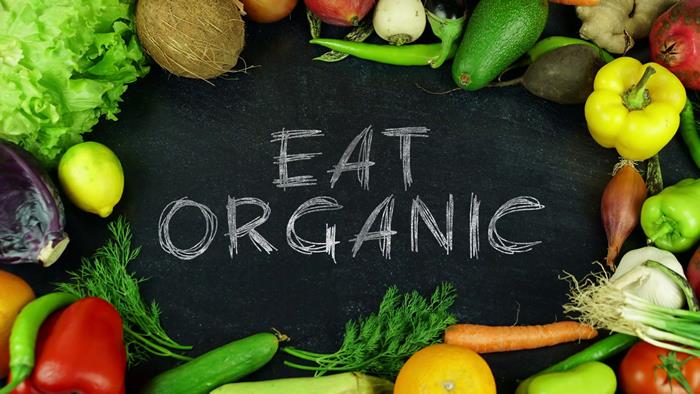 |
Organic eatingOrganic Cultur |
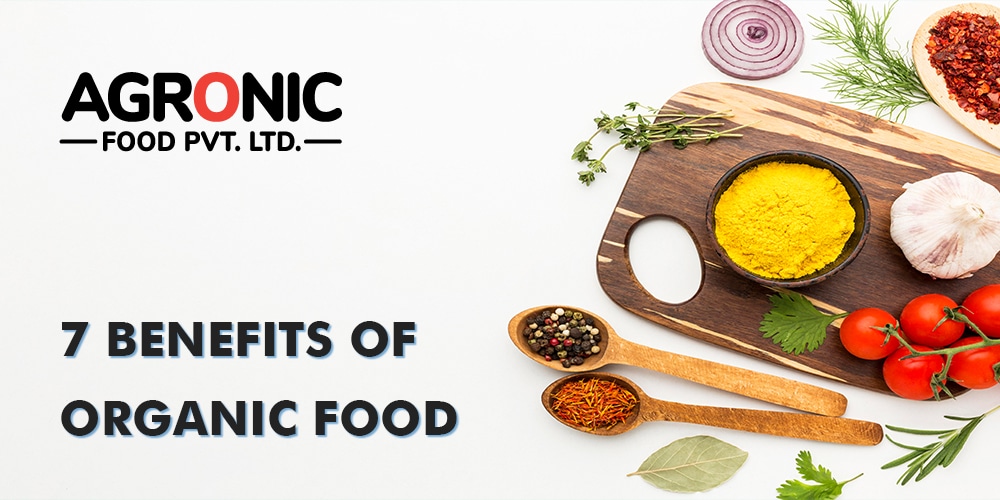 |
What is a Conventional Farm?Conventional farm is the term used to describe a farm that is not organic. It is a form of agriculture that is associated with better soil quality,.. |
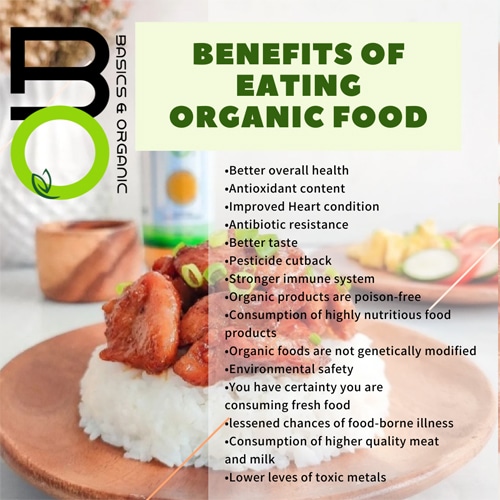 |
Chhattisgarh's Organic Farming SchoolsThe government of Chhattisgarh has started to introduce organic farming schools. This initiative is intended to provide the young generation with the |
 |
Can Organic Be GMO?The question Can organic be GMO is an ongoing debate among many consumers. While it's possible to eat foods that have been produced using genetic.. |
 |
When Did Organic Food Start?The answer to the question when did organic food start? will vary depending on the time period in which you are looking at. For instance, it may be a |
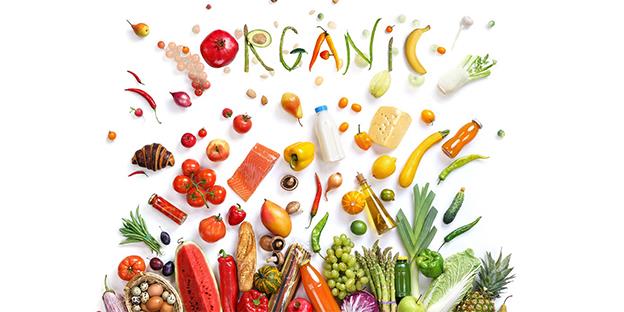 |
Organic Farming PrinciplesOrganic farming is a practice that is designed to be sustainable and healthy. Its principles include avoiding harms produced by industrial farming.. |
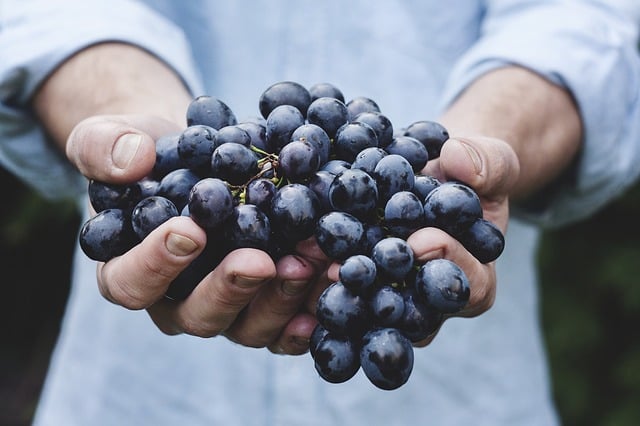 |
Soil Composition and BiodiversityThe soil that we have around us is a vital part of our lives. It is the home for many plants and animals. It also has a texture, a color, and many.. |
 |
The Benefits and Pitfalls of Organic Farming OrganizationsOrganic farming is an approach to farming that is not only ecologically sound, but also financially feasible. It is a method that is free from.. |
 |
Exotic VegetablesWhen it comes to vegetables, there are plenty of choices to choose from. Some of the most popular choices include broccoli, corn, carrots, and.. |
 |
Learn How to Become an Organic Farmer Through a Training ProgramIf you are looking to become an organic farmer, there are several ways you can do so. One option is to take a training program that will teach you.. |
 |
Benefits of Cover CropsIf you aren't familiar with cover crops, you may be surprised to learn that they are plants that are planted to grow on top of the soil to help.. |
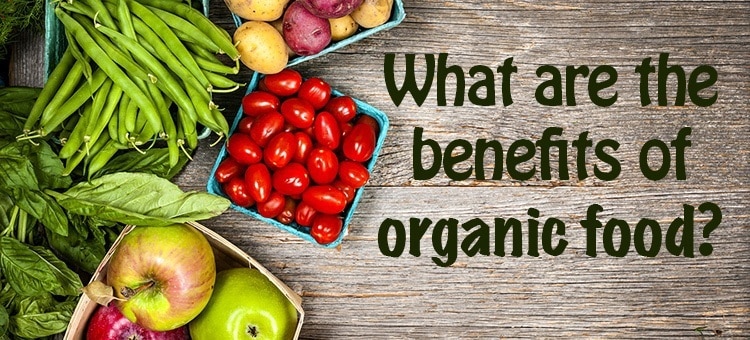 |
What is Organic Cotton?Organic cotton is the type of cotton that is grown without using pesticides or chemicals. It is also the type of cotton that is grown in subtropical.. |
 |
Is Organic Farming Beneficial to Biodiversity?Organic farming is a growing interest in the scientific community, and researchers have been investigating whether the practice is beneficial to.. |
 |
The Benefits of CompostingComposting your waste can be a very effective way of ensuring that your organic material is being broken down to the best of its ability. When.. |
 |
The Difference Between Organic Milk and Regular MilkOrganic milk is a type of milk that comes from livestock that is raised according to organic farming methods. This is a term that is regulated by.. |
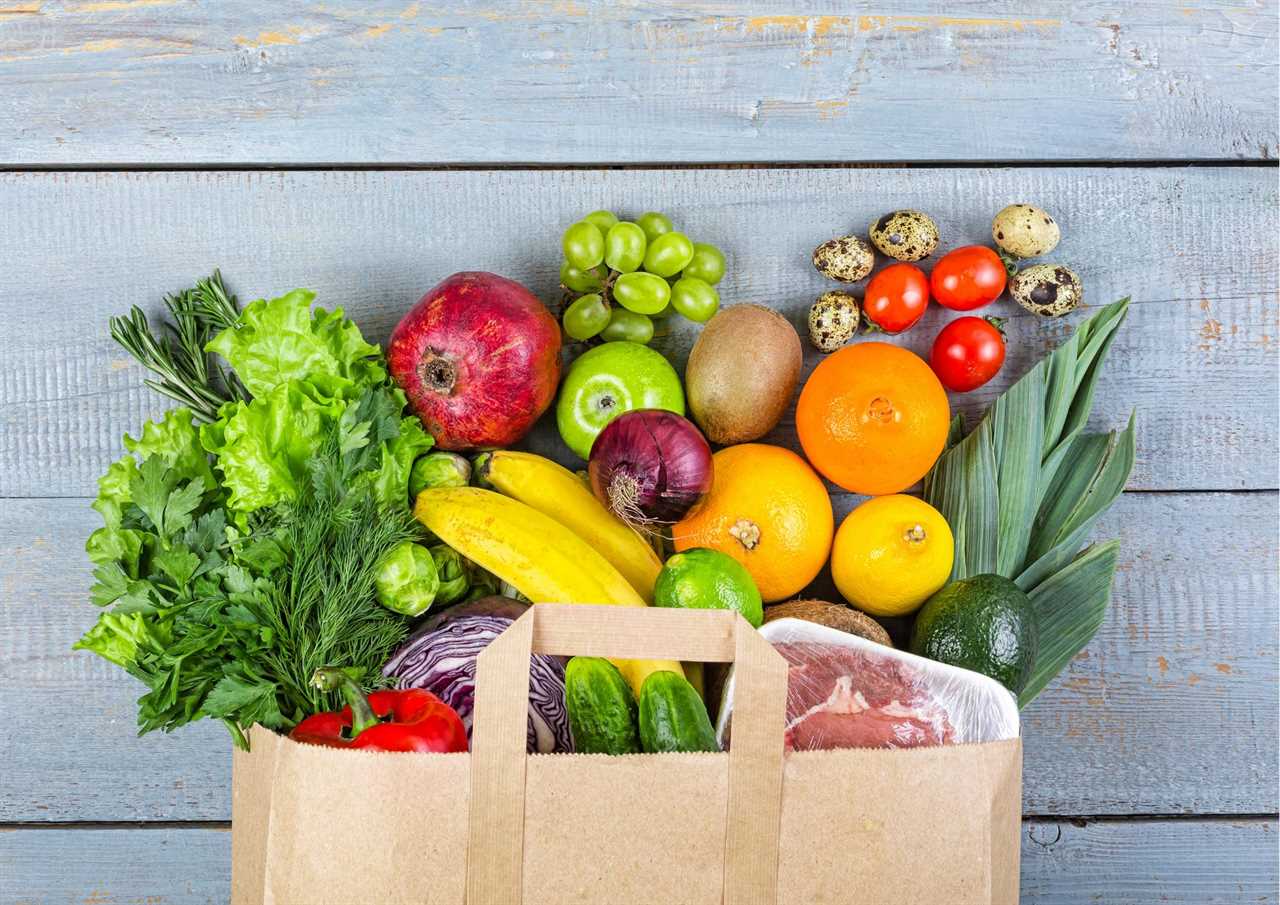 |
Organic Farming MagazineOrganic farming magazine is a resource that provides you with the latest information on organic agriculture, health, and sustainability. It also.. |
 |
The Latest Research on Organic | The Organic CenterResearched articles about eating Organic food |
.png)





